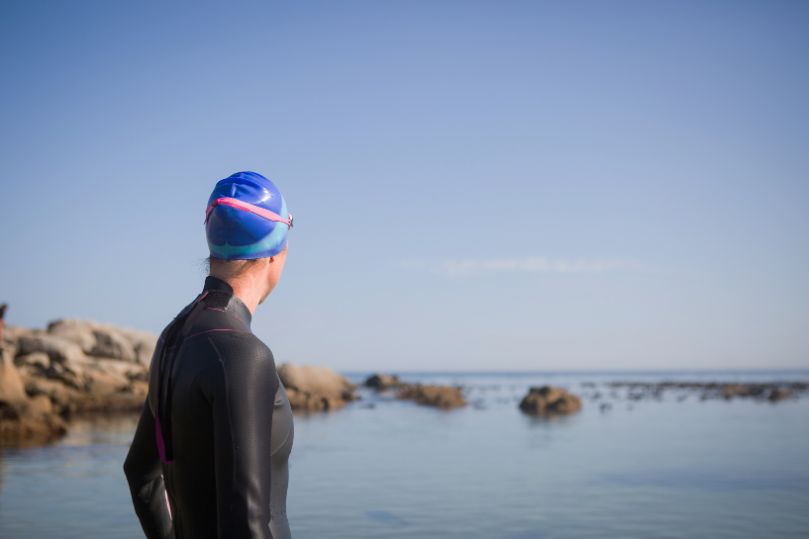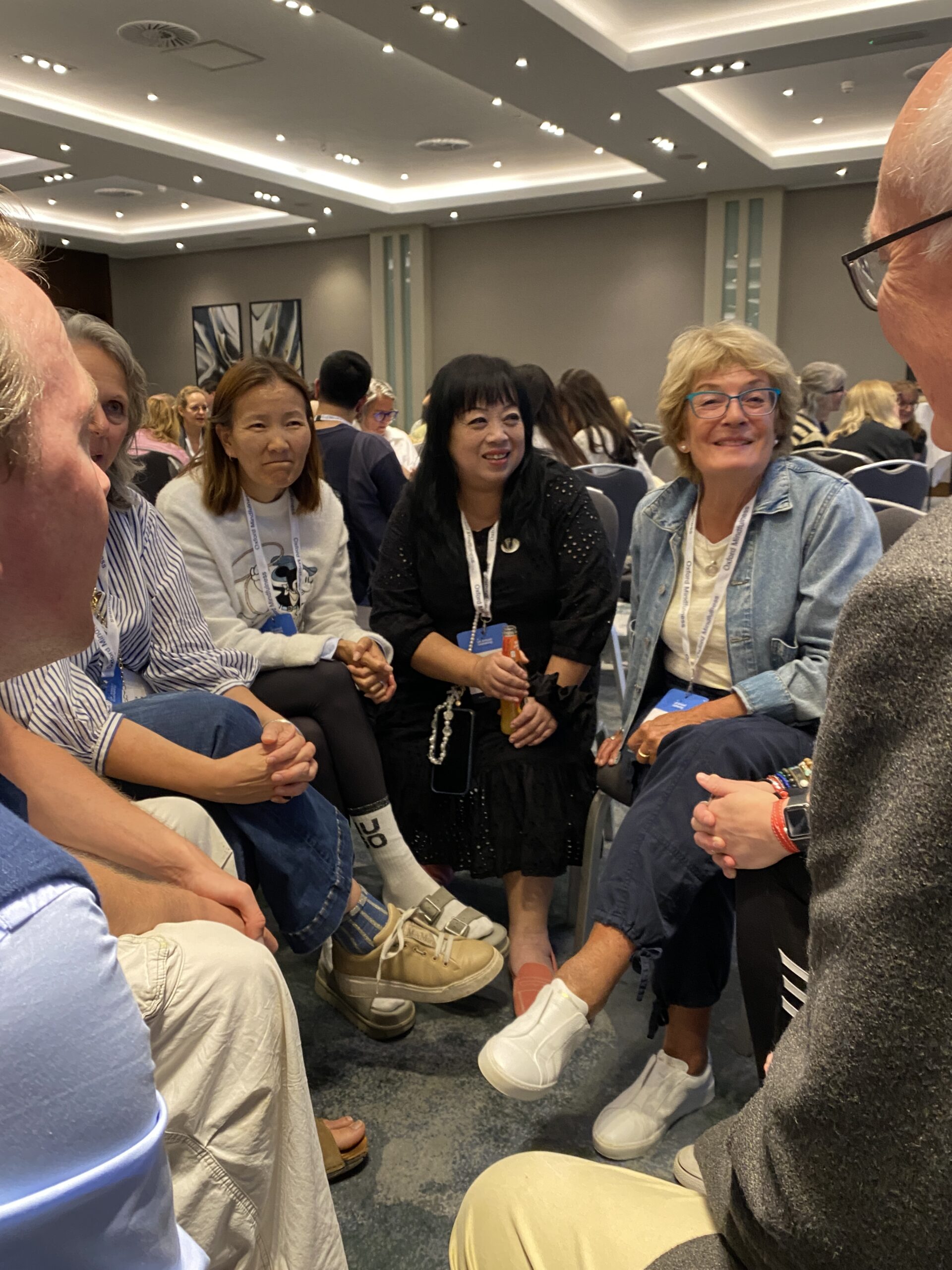A personal reflection on her mindfulness practice from Ally Burton, Oxford Mindfulness’ Chief Operating Officer
As an accountant turned primary school teacher, I came to mindfulness somewhat accidentally. I’d seen an advert about learning to train to teach mindfulness in a weekend and found this an attractive (if in hindsight, wholly unrealistic!) proposition. I’d long believed that wellbeing was key to my pupils’ ability to learn and so acquiring some mindfulness training appeared to offer professional skills development that would benefit my charges. I was unprepared for the inner stillness that came with sustained focus on the breath and, as I snored my way through that first bodyscan, I soon recognised that the daily morning swims that bolstered my wellbeing were in fact mindfulness practices. Before too long, I was signed up to a Masters in Mindfulness-Based Approaches.
I felt as if I was being reminded of universal truths that I had understood as a child and had carelessly forgotten in the busyness of the career-oriented and parenting-focused years. I experienced subtle shifts in long-standing habits and perspectives, and a reduction in ‘driven doing’. I still liked to seize opportunities that arose and to make the most of each day, but time on the cushion seemed to have allowed me to create greater spaciousness in my life, likely because my attention was less frequently hijacked by trivia. I soon noticed that I was much more accepting and compassionate when domestic and working life didn’t adhere to my careful plans.
I have always loved learning and the first lockdown forced me to reflect on my priorities in life – I realised that, having by then completed my Masters, I really missed being engaged with the academic world. In spring 2020, I found myself both impressed and bemused by the speed with which the wellbeing world moved to Zoom, and curious about how this would affect mindfulness teaching experiences for both participants and teachers. I drafted a PhD proposal to explore these themes and began studying part-time with Centre for Mindfulness Research and Practice at Bangor University. Further lockdowns gifted me the space to engage with more online mindfulness practices – during one of these, I excitedly spotted an advertisement for an administrative role at OMF. Weeks later, almost five years after that first chance weekend training, I had fully aligned my day job, my studies and my own small business in the special field of mindfulness.
I feel extremely privileged to be able to work with a warm and professional team that is so committed to this important work internationally, and additionally, to be able to do this from a relatively remote home base. This change in working pattern, a fortunate consequence of the pandemic, has enabled me to spend more time with my parents and to support them both as they grapple with the life changes imposed by the ageing process. Facing these ambiguous and painful losses mindfully has led me to discover a love of sea swimming. Like a supercharged bodyscan, the icy-cold water forces me into direct contact with physical sensations and in so doing, stills my mind, enabling me to let go of any anxiety and sadness triggered by empathising with my parents’ increasing vulnerability.
Placing myself at the mercy of the elements (and of potentially unfriendly sea creatures!) reminds me that I can adapt to any discomfort or challenge, that I am strong in the face of situations beyond my control and that I have choices available to me in every moment.
Being with others in ever-changing natural surroundings highlights the seasonal nature of our lives and the universality of our experiences, fostering powerful connection and diminishing differences. Cold water swimming has quickly become a huge source of joy that punctuates otherwise quiet days spent working or studying with only canine company. This is unexpected for someone who used to classify a sub 42C shower as somewhat cold but whatever challenges we face, life remains full of possibility, and I have quite literally been swimming through grief. As my physical resilience improves, so does my mental strength and I move further towards flourishing in every realm of my life.
In parallel with my move to OMF I have been able to make an increasing commitment as a Samaritans listening volunteer and latterly, local branch Deputy Director. This feels like important work and really draws upon my mindfulness trainings, particularly with respect to approaching contacts with a beginner’s mind, non-judgmentally. Research suggests that volunteering enhances our own wellbeing and I certainly find that giving a few hours each week bolsters my own self-esteem.
I feel incredibly fortunate to be able to contribute to developing the OMF’s partnerships, assisting in sharing the many benefits of cultivating a mindfulness practice.
Mindfulness does not magically confer immunity to the ups and downs of life and is far from being about a rose-tinted outlook – for me it is absolutely aligned with my tendency to realism. Alongside acceptance of what cannot be changed, I’ve cultivated gratitude for those small things that aren’t so small, the seemingly inconsequential happenings that make up most of our lives.
The people I’ve met in the field and the practices, perhaps especially the informal ones that now seem to permeate my days, have improved my world beyond measure.




